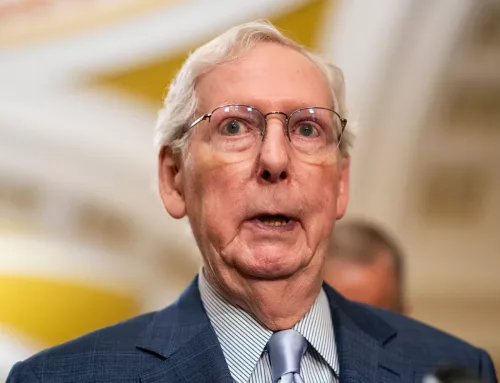Advancing Medical Cannabis Research in the UK: Progress and Challenges
LOS ANGELES- In 2018, the United Kingdom took a significant step by legalizing medical cannabis, yet its integration into the National Health Services (NHS) has been slow, marked by a lack of clinical studies and limited prescription availability. Recent developments, however, signal a shift in this landscape.
Sky News has highlighted that despite the legalization, the NHS has not funded any studies to assess the efficacy of medical cannabis. This gap in research is being addressed by U.K.-based Celadon Pharmaceuticals, which initiated a clinical trial involving 5,000 patients suffering from chronic pain. This trial, approved by both the Medicines and Healthcare products Regulatory Agency (MHRA) and the NHS Research Ethics Committee, aims to gather data supporting doctors’ prescriptions of cannabis-based medicines and potentially lead to NHS reimbursement.
Earlier, Celadon Pharmaceuticals, the first company in the U.K. licensed by the Home Office to sell cannabis products to private clinics, conducted a preliminary study with 500 patients. The findings suggested that cannabis could reduce opioid dependence and improve sleep.
Celadon’s co-founder, James Short, emphasizes their role as a pharmaceutical company, distancing from the stigma associated with cannabis. He underscores their focus on improving quality of life rather than inducing euphoria.
The debate around medical cannabis has also been fueled by numerous patients and families advocating for accessibility and affordability. Prominent among them are families like Hannah Deacon and her son Alfie Dingley, and others who have publicly fought for their children’s rights to cannabis-based treatment for various conditions.
The international dimension of this issue was tragically highlighted by the case of Irish mother Vera Twomey, whose daughter Ava, suffering from Dravet syndrome, passed away earlier this year.
Despite anecdotal evidence of its benefits, UK doctors remain cautious, partly influenced by the opioid crisis. Dr. Alan Fayaz, an NHS consultant and spokesperson for the British Pain Society, notes the need for robust evidence before fully embracing cannabis as a medical solution.
The current legal framework has resulted in a two-tiered system, where only those who can afford private prescriptions have access to medical cannabis. For instance, Chad Martin, who uses a cannabis inhaler for arthritis, spends £300 monthly ($378 USD), highlighting the economic divide in accessing treatment.
The Home Office’s review of cannabis policy in June 2018 and subsequent developments, including the licensing of Alfie Dingley and Billy Caldwell to obtain cannabis legally, show governmental responsiveness. In 2019, the National Institute for Health and Care Excellence (NICE) initially found insufficient evidence for cannabis’s efficacy in epilepsy. However, in a 2021 update, NICE clarified that there was no recommendation against cannabis-based medicinal products, leading to the approval of Epidyolex, a CBD-based medicine for tuberous sclerosis complex, in March 2023.
As the UK continues to navigate the complexities of integrating medical cannabis into its healthcare system, the balance between cautious skepticism and the urgent need for effective treatments remains a central challenge. The ongoing research and evolving policy landscape are crucial steps toward addressing this multifaceted issue.



































